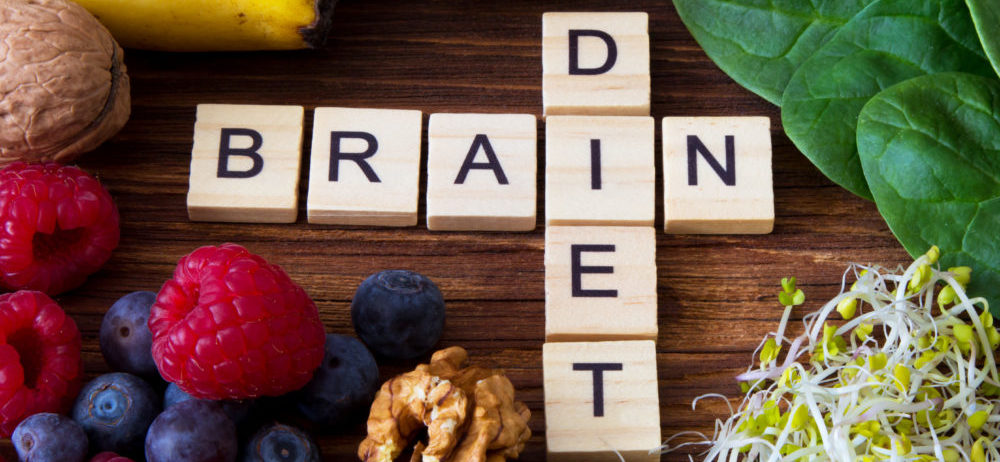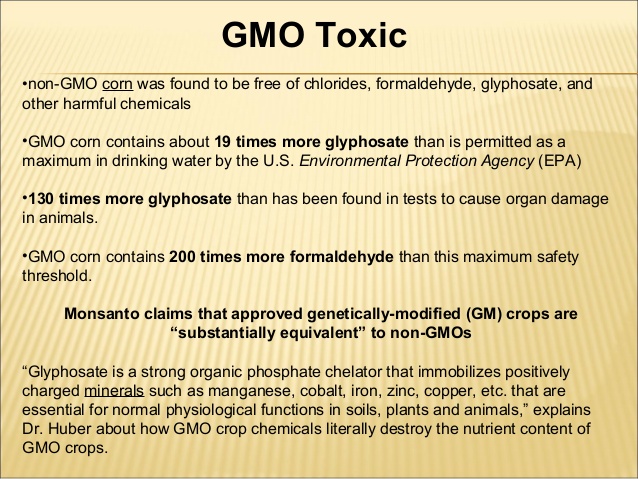Honeycolony.com Nov 22, 2019 - Alexandra Preston

Depression is not all in your head. Much of it may be related to what’s on your plate.
Conventional medicine tells us that depression and other mental health conditions are caused by a chemical imbalance in the brain, which must be managed by medication and psychotherapy.
This does not, however, explain where exactly that chemical imbalance comes from. It doesn’t completely explain why depressive symptoms can remain, even after emotional or social causes have been dealt with. We have to go deeper to solve the puzzle of depression, and some of the pieces are related to diet.
In fact, one of my own clients with depression saw her symptoms halved within four weeks once I recommended a few dietary changes. I advised her to cut out alcohol and simple carbohydrates, and start to regularly consume fermented foods.
As she is only one patient, the question still remains: what should we eat or avoid to treat depression?
What We Should Eat To Relieve Depression
Searching for answers, a recent study by Australian researchers tested the effects of a healthier diet on 76 college students with moderate to high depression scores. Subjects were assigned to either a “diet change” or a “regular diet” group.
Using the definition of “healthy food” followed by the Australian Guide to Healthy Eating, a poor diet was defined as being high in sugar, saturated fat, and processed food. A healthy diet is high in vegetables, fish, lean meat, and fruit. Those assigned to the healthy diet were not only given advice, but also given coupons and hampers with olive oil, nuts, seeds, and spices such as turmeric and cinnamon. Before and after the three-week intervention, their depression, anxiety, and mood scores were assessed, and they performed several cognitive tests.
The results? After three weeks, the depression scores in the diet change group had fallen back into the normal range. They also had significantly lower anxiety scores, while the “regular diet” group — the group that made no changes in their diet — did not see any improvement. During follow-up, the researchers also noticed that everyone who stuck to their new diet maintained their gains.
Depression: Going Beyond The Brain
The healthy diet in this study followed a far more anti-inflammatory pattern than the junk food-filled eating habits volunteers started with. Previous research has found that, compared to anti-inflammatory diets, pro-inflammatory eating patterns are linked with a 40 percent higher depression risk.
Additionally, a large review of research found that, compared with the lowest category, those in the highest category for the consumption of sugary drinks had a 31 percent higher risk of depression. Since stress makes us more likely to choose inflammatory processed foods, and many of these foods are addictive by design, a clinical trial was needed to measure the effects of dietary changes.
Increasing evidence shows that the brain and the immune system interact with each other. This means that inflammation anywhere in the body can affect brain function.
For example, the use of inflammatory cytokines for hepatitis is known to cause major depression in some patients. Cytokines are chemical signals used by the immune system to fight infection (or a perceived one). High levels of inflammation also weaken the blood-brain barrier, allowing immune cells and toxins to enter. Depression develops as a result of neurotransmitters such as dopamine being reduced by the immune response. This is meant to make us want to rest so we can recover from an infection or devote more energy to healing an injury. When the “infection” is, in fact, poor diet, toxins, or a dysregulated gut microbiome, it never ends.
How To Use Nutrition To Fight Depression
While the Australian and other studies point to some of the dietary changes that might be helpful in preventing and fighting depression, many benefit from more individualized nutritional advice.
In a small study of 22 people with IBS and non-celiac gluten sensitivity, consuming gluten led to higher depression scores. Whey protein from dairy foods did not significantly worsen depression overall, but it did affect several volunteers. One even saw their depression scores spike by over 50 percent after consuming whey!
Other research replicates their experience, by showing that people with major depressive disorder (MDD) have higher levels of antibodies against foods such as milk. As the “healthy diet” used in the recent Australian study did include whole grains and natural dairy, its recommendations might not work for everyone.
Lectins can also cause inflammation when consumed in large amounts or in those who are sensitive. These are anti-nutrients in foods such as beans, grains, and tomatoes, all traditionally considered to be healthy food. Anti-nutrients reduce nutrient absorption, and some are inflammatory by disrupting the gut barrier, which allows undigested food and bacteria into the bloodstream.
You can avoid the foods highest in lectins or dramatically reduce their levels through correct cooking methods. Soaking, sprouting, fermenting, and long cooking times help to remove lectins.
A Change In Diet Success Story
For Amber Karnes, ditching dairy, grains, and legumes was her answer to depression. After 15 years of relying on medications left her feeling numb, she joined her gym’s Paleo diet challenge. She was finally able to lose weight and control her blood sugar levels. And, after several weeks she no longer needed medication! “My body and mind are functioning the way they are supposed to,” she told Robb Wolf, former research biochemist, health expert, and author of the New York Times bestselling The Paleo Solution.
Additional anti-inflammatory support can help too. A review of six studies found that curcumin, the major phytochemical in turmeric, is strongly associated with reducing depression scores. It is more effective in higher doses or when taken for longer periods (at least six weeks). Curcumin helps to relieve inflammation, protect our neurons, and balance neurotransmitters.
Magnesium is a safe first-line holistic treatment for depression, with results appearing in as little as two weeks. It can also help rebalance your mood if you have PMS. Vitamin D is yet another broad-spectrum modulator of the body’s functions, including immune balance. A study involving women with diabetes found that it significantly reduced depression scores and inflammation.
The new research above gives hope to people with depression who have not seen results from targeting neurotransmitters alone. Effective, holistic treatment depends on the individual. Everyone has a different set of underlying causes. But, we can all benefit from looking at our diet and its effects on our mind and body.




